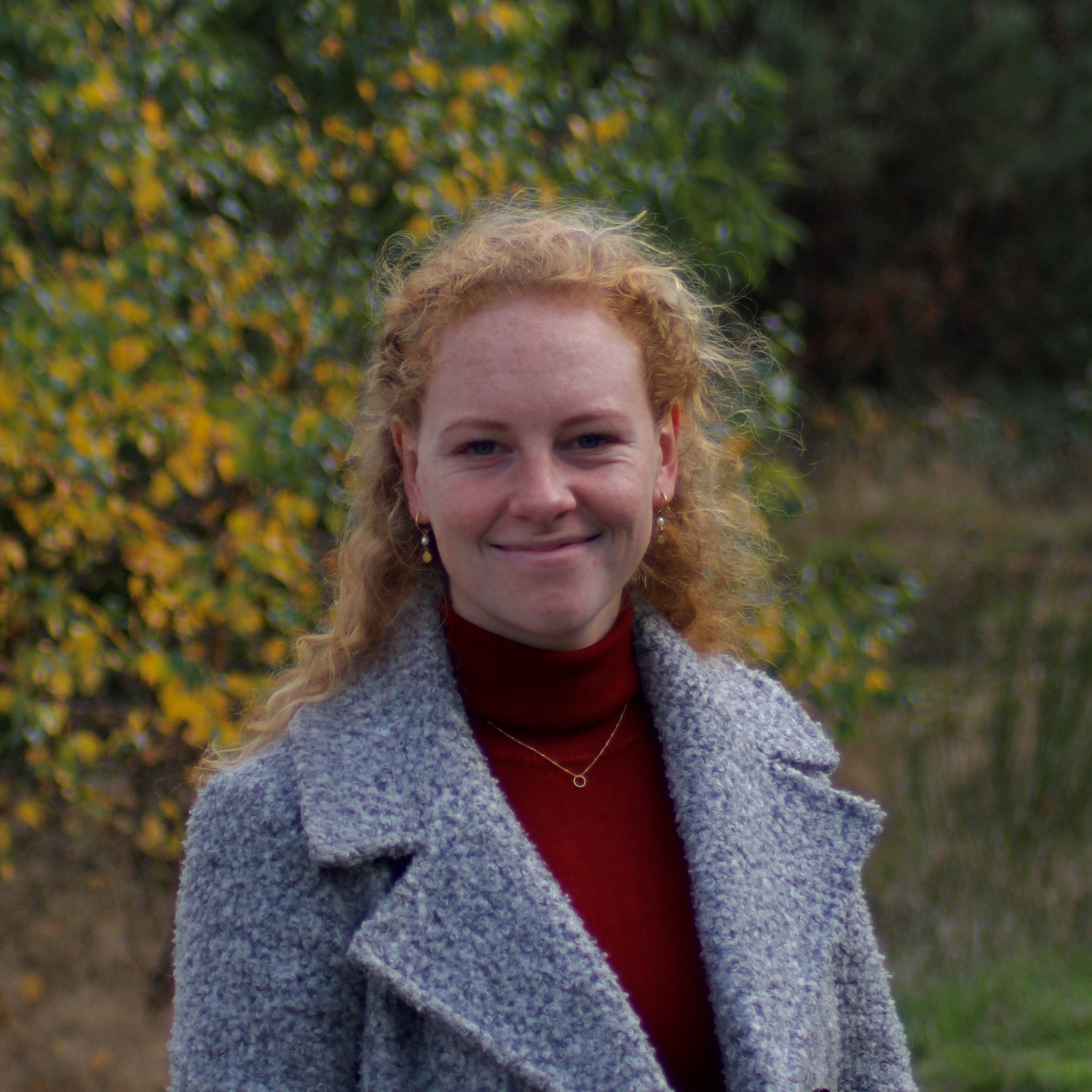Nina from The Netherlands
Personal information
- Name: Nina van Staalduine
- Age: 21
- Country of origing: The Netherlands
- Current residence: Delft
Hello there! My name is Nina and I would like to tell you a little bit about my life as an EPA-student and the reason I chose this master.
To explain why I chose this master programme, I first have to go back to my Bachelor’s degree. I did my bachelor System Engineering and Policy Analysis in the beautiful city of Delft at the faculty of Technology, Policy and Management. The Dutch name of the bachelor’s degree is ‘Technische Bestuurskunde’, but it basically means that we learned about (hence the name of the faculty) technology, policy and management. It is good to note that the EPA programme is also part of this faculty.
But System Engineering and Policy Analysis was not my first choice of studies, because I started a completely different programme: Life Science and Technology. However, after five days of hard work, I discovered that this programme was not made for me. It was way too in-depth and specific for me. In the weekend after those five days, I found out about System Engineering and Policy Analysis, which was a very broad-oriented programme. As this programme had many different kinds of courses, I hoped to find a field of studies that I liked. And luckily, I did.
In my bachelor’s degree, we had multiple courses in the line of systems modelling. This line of courses definitely became my favourite, as it combined society and technology. Systems modelling is about finding a way to simulate reality in a technical model (e.g. with programming in python). These models can then be used to test different types of policy, and see how these policies would work out in the model and, potentially, reality. Systems modelling is, in my opinion, the core of the EPA programme.
One example of a systems modelling project from my bachelor’s degree, which perfectly fits the EPA programme, is about the river Pasig in India. This is one of the most plastic-polluted rivers of the world. Together with my partner, we created an agent-based model that simulated a neighbourhood next to this river. You might wonder: ‘what is an agent-based model?’. Well, it is a model that contains agents, which can for instance be individuals or households, and all of these agents make their own choices. Agent-based modelling is a great technique to model these choices and see what their effects are. In our model, we tested what households in the neighbourhood would do when inserting different policies. These policies were for instance; increasing the number of garbage cans or creating a financial incentive for throwing waste in bins instead of in the river.
It might have been a long story on the courses related to systems modelling, but these courses were exactly the reason why I chose EPA. In my opinion, the EPA programme is like a follow-up on these courses, as this programme is about finding a technical way, like modelling, to execute policy analysis.
The first period of EPA was actually not as heavy as I expected it to be, but this was because it was quite like a summary of the relevant things from my bachelor’s degree. I think the idea of this period is to get everyone, also from other bachelors, on the same level. After the first period, it really started for me, with more technical courses, like ‘spatial data science’ and ‘agent-based modelling’.
What I hope this master’s programme will bring me is the skills to become a good policy analyst. I really like working on projects where I can perform some programming in order to either make a model or analyse data, and afterwards, based on the outcomes of this programming, come up with a useful (policy) advice.
I hope my story has helped you a little bit in your choice for your master’s degree. If you still have any questions, please do not hesitate to contact the Technology, Policy and Management faculty about EPA.
